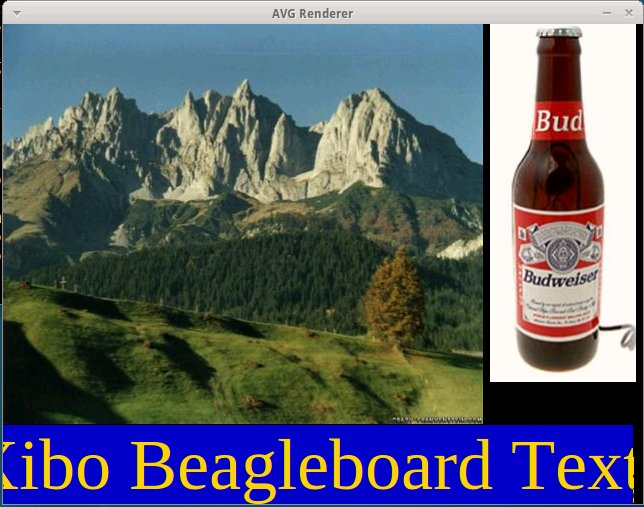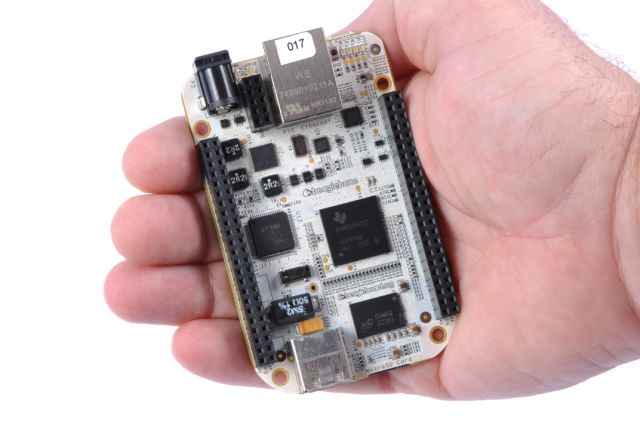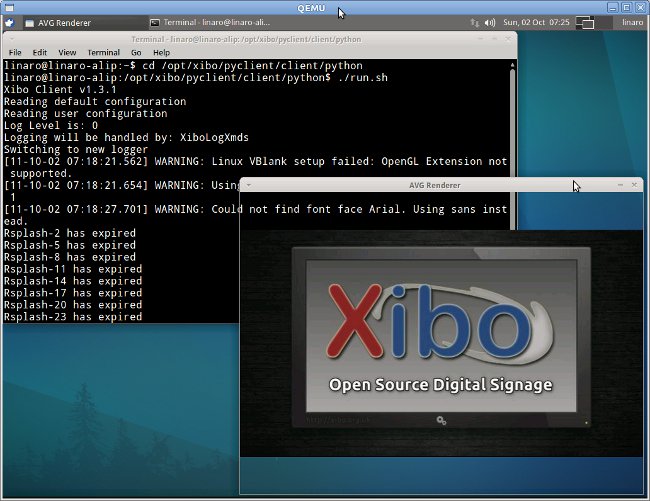Last month, I wrote a post showing how to run Xibo Open Source Digital Signage in a BeagleBoard/Overo emulator. That version could communicate with Xibo server, download the required files, display pictures and (maybe) play videos with the real hardware. However, it had serious limitation as Text, RSS and web pages could not be displayed. I’ve now fixed those issues and the full Xibo 1.3.1 can run on ARM platform. First, you need to follow the instructions given in Xibo Digital Signage on ARM (Beagleboard / Overo), although we’ll need to modify something with libavg compilation (see below). Then cross-compile berkelium for ARM using Linaro toolchain. Add libbrowser-node to libavg plugin directory and build libavg again. Also copy the Berkelium header files in to src/test/plugin (i.e. src/test/plugin/berkelium) or add the include file path to CFLAGS/CXXFLAGS.
|
1 2 3 4 5 |
bzr branch lp:~browsernode-team/+junk/berkelium-browsernode cp berkelium-browsernode/plugin/* ~/edev/beagleboard/libavg-1.6.0/src/test/plugin cd ~/edev/beagleboard/libavg-1.6.0 make make install |
Create libberkeliumwrapper.so:
|
1 2 3 4 |
cd ~/edev/beagleboard/libs/lib touch a.cpp arm-linux-gnueabi-g++ -c a.cpp -o a.o arm-linux-gnueabi-g++ a.o -shared -L/home/jaufranc/edev/beagleboard/berkelium -llibberkelium -o libberkeliumwrapper.so |
Copy the required files to the qemu image: sudo mount -o […]







